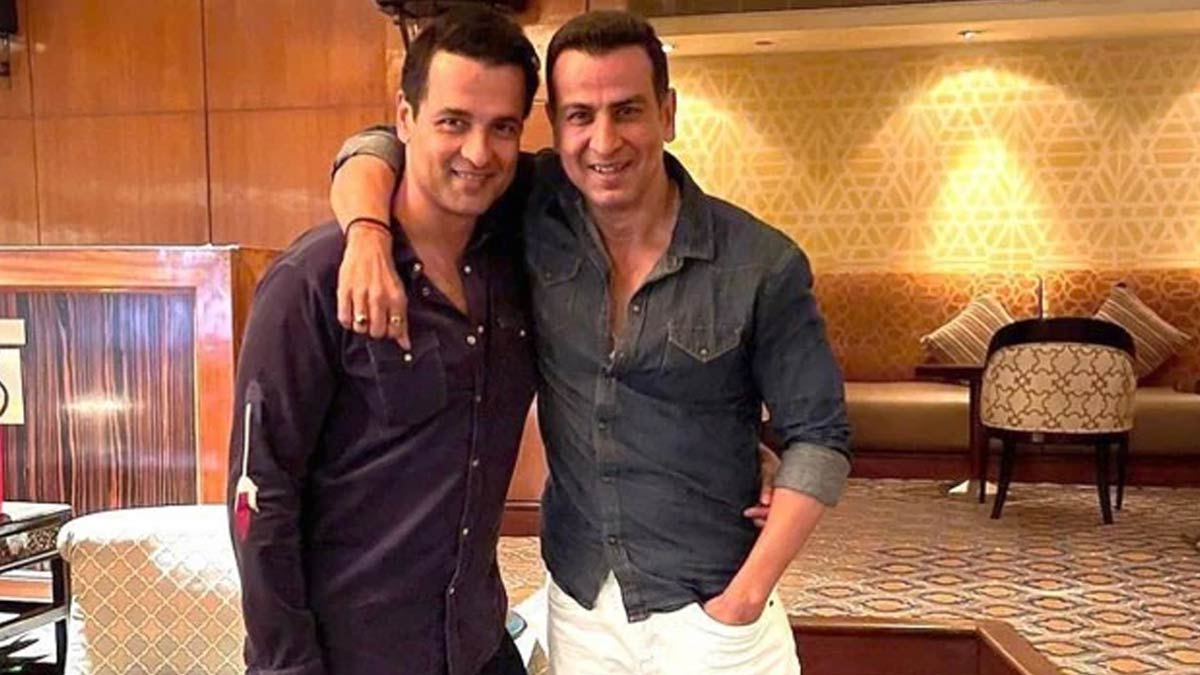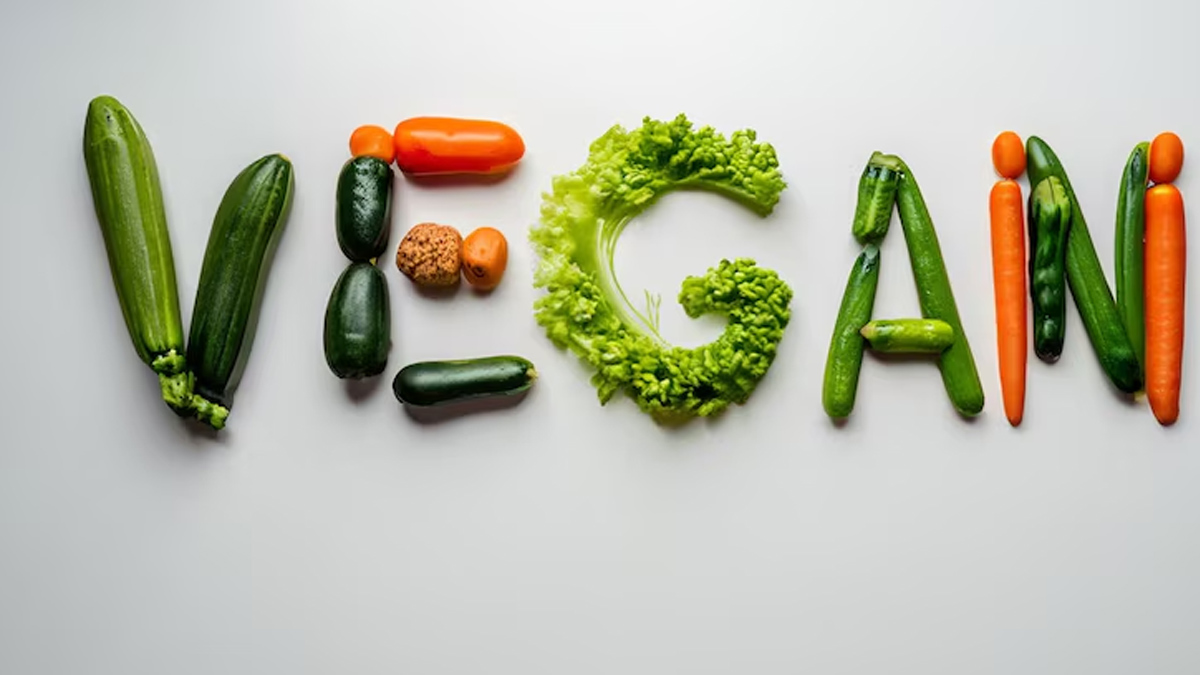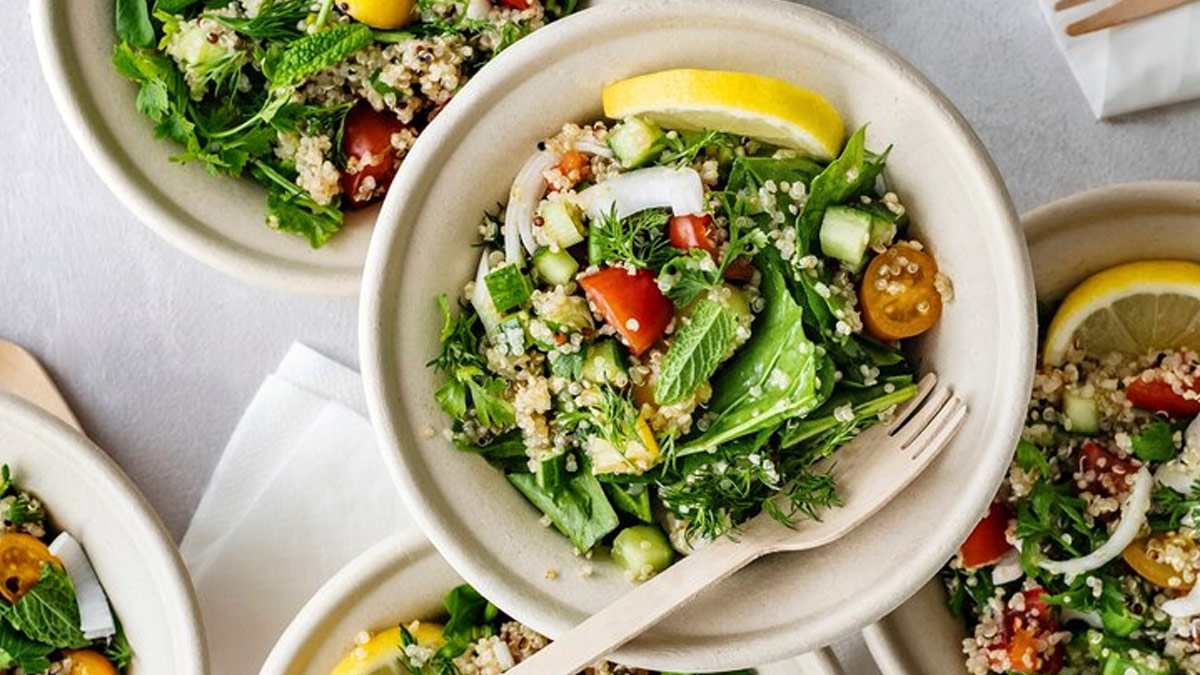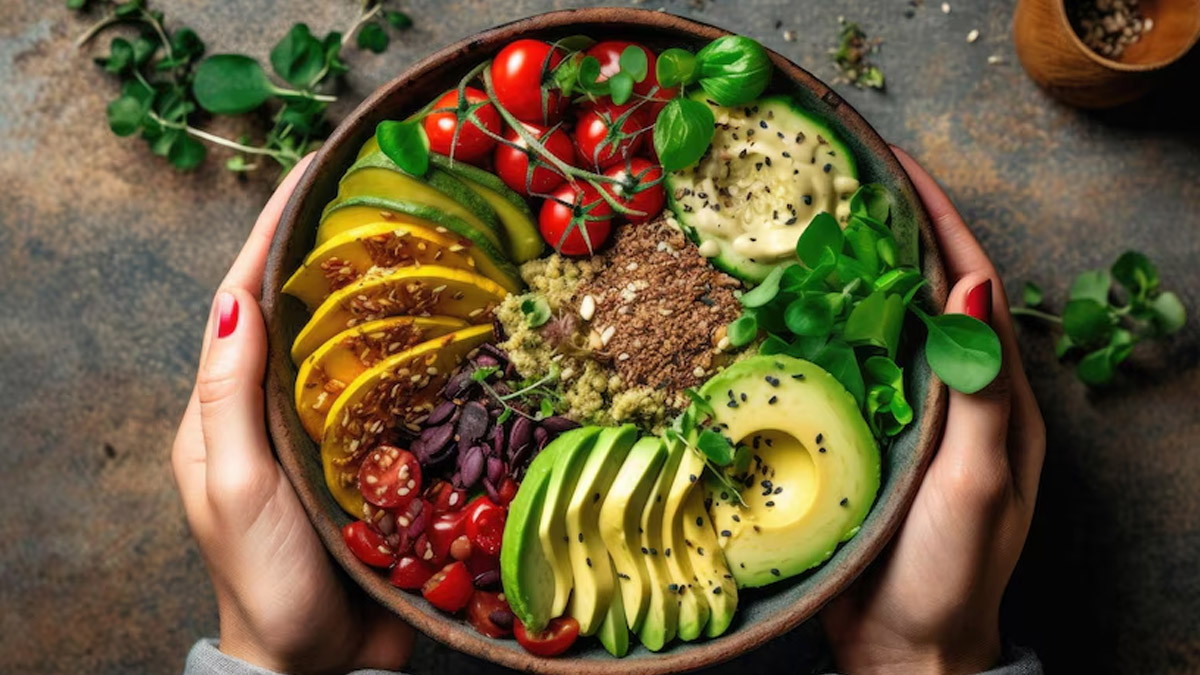
While the trend of veganism is spreading worldwide, it is still an open debate whether a diet excluding animal products provides enough nutrition? Recently, actor Ronit Roy revealed that he was vegan for 4-5 years until his brother Rohit Roy told him that he looked sick. He said, “I was a vegan for 4-5 years until you (Rohit) told me I looked sick. There are many reasons (for becoming a vegan/vegetarian). Now, I am a vegetarian because I believe in non-cruelty,” he said on a podcast.
Table of Content:-
To end this debate and once and for all and know the actual facts about whether or not veganism is good for health, OnlyMyHealth team interacted with Ramya B, Dietician, Cloudnine Group of Hospitals, Chennai.
Answering the frequently asked question, Ramya said, “Veganism, which excludes all animal products, can indeed provide sufficient nutrition if well-planned. However, it requires careful consideration to ensure all essential nutrients are adequately obtained from plant sources.”
A study published by the National Institute of Health says that vegan diet is beneficial for health, however, it has some limitations too. It state, “There are limitations and risks associated with following a vegan diet for cardiovascular health, especially if the diet is poorly balanced, as vegans may have lower amounts of dietary nutrients such as eicosapentaenoic acid and docosahexaenoic acid, selenium, zinc, iodine, iron, calcium and vitamin B12, vitamin D, compared to non-vegans, which can lead to adverse cardiovascular effects.”
While the above study shows the limitations of veganism, Ramya says taking proper care of nutrition intake and ensuring all the essential nutrients being obtained from plants, one can carry out veganism.

Also read: Should You Eat Vegan for Heart health? Expert explains
Here’s a detailed explanation by Ramya on how veganism meets nutritional needs and some common concerns associated with it.
Macronutrients
The nutrients which are required in large quantities are referred to as macronutrients. Below is the list of macronutrients and how a vegan can fulfill the nutritional value through plant-based diet.
Protein: One of the primary concerns about vegan diets is protein intake. While animal products are rich in complete proteins (containing all nine essential amino acids), vegans can obtain sufficient protein from plant sources. Legumes, tofu, tempeh, edamame, lentils, chickpeas, quinoa, and seitan (a gluten protein extracted from wheat) are excellent protein sources. Combining different protein sources (e.g., lentils and beans) throughout the day can provide all essential amino acids.
Fats: According to Ramya, vegans can obtain healthy fats from nuts, seeds, avocados, and plant oils (such as olive oil and flaxseed oil). These sources provide essential fatty acids, including omega-3 fatty acids, which are crucial for heart and brain health. Flaxseeds, chia seeds, hemp seeds, and walnuts are particularly good sources of alpha-linolenic acid (ALA), a type of omega-3 fatty acid.
Carbohydrates: Vegan diets are typically rich in carbohydrates, mainly from fruits, vegetables, whole grains, and legumes. These foods provide essential fiber, vitamins, and minerals. “Whole grains (like brown rice, oats, and whole wheat), along with fruits and vegetables, support digestive health and provide sustained energy,” Ramya said.

Micronutrients
Micronutrients are essential dietary elements required to regulate physiological functions of cells and organs. Micronutrients support our health throughout life.
Iron: “While plant-based iron (non-heme iron) is not as readily absorbed as animal-based iron (heme iron), vegans can still meet their iron needs by consuming iron-rich foods such as lentils, chickpeas, beans, tofu, bajra, ragi, quinoa, seeds fortified cereals, and green leafy vegetables,” Ramya explained. Consuming vitamin C-rich foods (like citrus fruits, strawberries, and bell peppers) alongside iron-rich foods can enhance iron absorption.
Calcium: Dairy products are a primary calcium source in non-vegan diets, but vegans can obtain calcium from fortified plant milk (such as almond, soy, and rice milk). Other calcium sources include ragi, tofu, tahini, almonds, green leafy vegetables and certain legumes. These vegan calcium rich sources help in supporting bone health and other metabolic functions.
Vitamin B12: Ramya said that vitamin B12 is a critical nutrient primarily found in animal products. Vegans must obtain B12 through fortified foods (such as plant milk, breakfast cereals, and nutritional yeast) or supplements. Regular intake of these fortified foods or a B12 supplement is essential to prevent deficiency, which can lead to anemia and neurological issues.
Vitamin D: Vitamin D can be synthesized by the skin through sunlight exposure, but vegans may also need to rely on fortified foods or supplements, especially in areas with limited sunlight. Ramya recommended consuming food items like fortified plant milks, orange juice, and supplements that can help maintain adequate vitamin D levels.
Omega-3 Fatty Acids: As previously mentioned, omega-3 fatty acids are crucial for health. Vegans can obtain ALA from flaxseeds, chia seeds, hemp seeds, and walnuts. However, for EPA and DHA, which are found in fish oil, vegans may consider algae-based supplements, Ramya suggested.

Also read: Thinking To Turn Vegan? Common Nutrient Deficiencies You Might Face
Probiotics
Apart from micro and macro nutrients, probiotics are also important for our body. Commonly used probiotics on a day to day basis are dairy-based curd and yogurt. Whereas a vegan, can include plan-based yogurt, tempeh, kimchi and kombucha.
Potential Deficiencies and Solutions
Ramya warned, “A poorly planned vegan diet may lead to deficiencies in essential nutrients such as vitamin B12, vitamin D, omega-3 fatty acids, iron, calcium, and iodine. However, these risks can be mitigated through proper dietary planning and supplementation.” Consulting with a healthcare provider or a registered dietitian can help vegans develop a balanced diet that meets all their nutritional needs.
Conclusion
Veganism can provide adequate nutrition when well-planned. By including a variety of nutrient-dense foods and considering fortified foods and supplements, vegans can meet their nutritional requirements and enjoy a healthy, balanced diet. Awareness and education about nutrient sources are key to prevent deficiencies and ensuring long-term health on a vegan diet.
Also watch this video
How we keep this article up to date:
We work with experts and keep a close eye on the latest in health and wellness. Whenever there is a new research or helpful information, we update our articles with accurate and useful advice.
Current Version